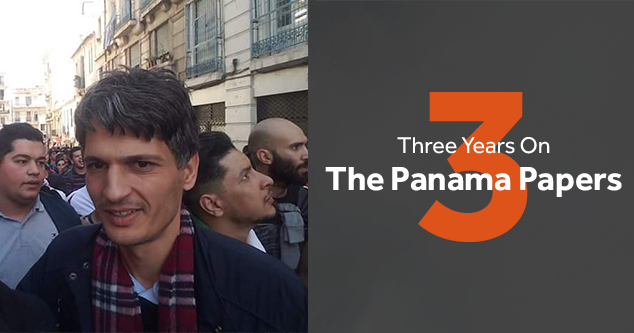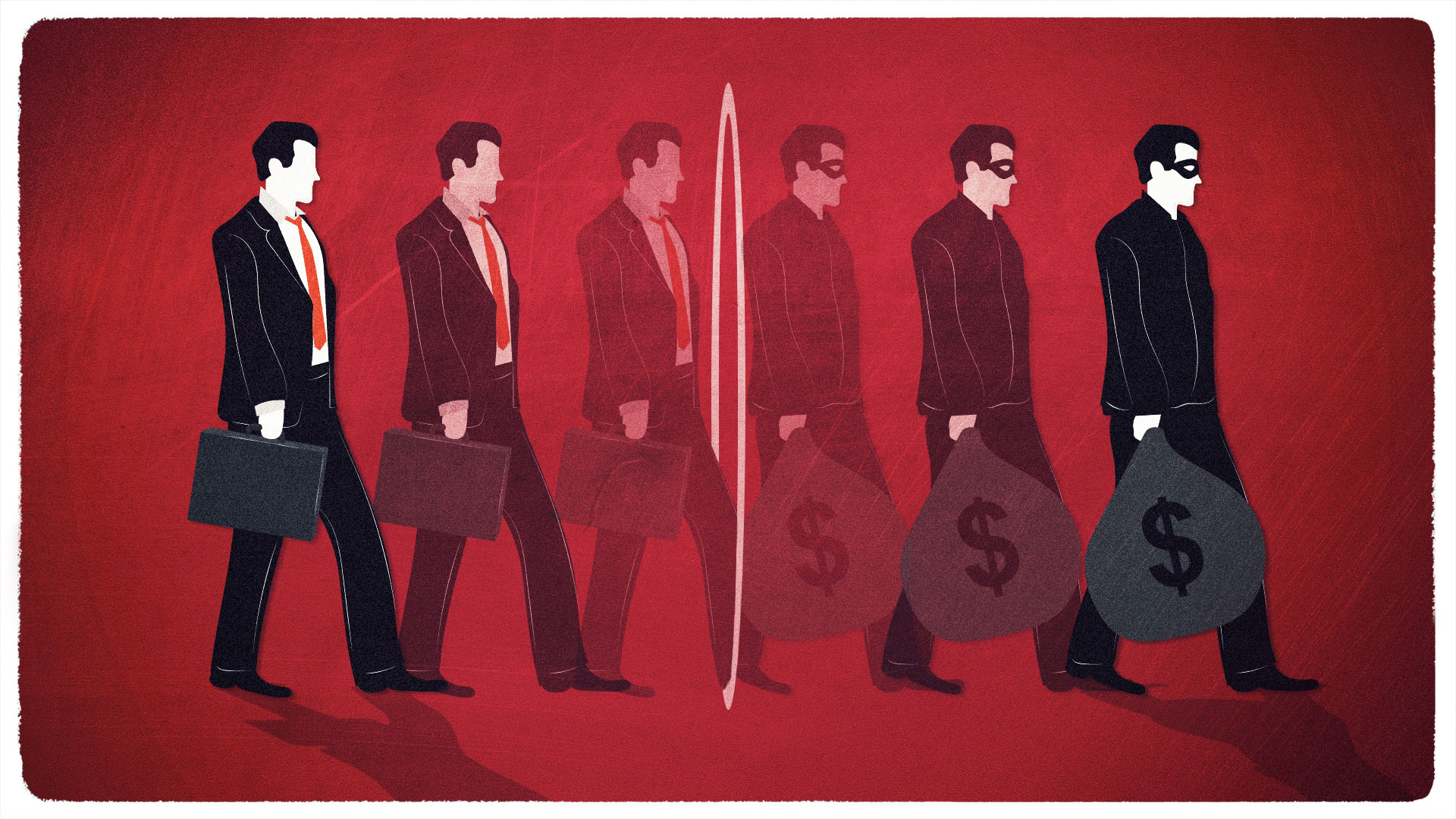U.S. regulators have settled a major corruption case with an Italian oil company that allegedly bribed Algerian politicians through a middleman who controlled a constellation of shell companies.
The Securities and Exchange Commission (SEC) announced on Monday that Eni, a publicly traded company headquartered in Rome, agreed to pay $24.5 million and to not doctor financial records. Eni did not deny or admit the SEC’s findings.
Eni, via the subsidiary Saipem, obtained at least seven contracts worth at least $10 billion with Algeria’s state-owned oil company between 2007 and 2010 after it paid 198 million euros to an intermediary. The intermediary, who is unnamed in the SEC’s announcement but whose description matches Farid Bedjaoui, allegedly portioned out the money to Algerian politicians, including representatives of the minister of energy who considered the intermediary “a son.”
Saipem signed “sham contracts” with the intermediary who provided no real services and who used a shell company in Switzerland with a “virtual” office, the SEC said. A Saipem executive who became Eni’s chief financial officer knew the contracts were fake but approved them, according to the SEC.
The executive, Alessandro Bernini, was not named in the SEC’s announcement or charged with wrongdoing. Bernini’s profile matches the description provided by the SEC. Following the SEC’s announcement, Bernini told the Wall Street Journal that he was not involved in Eni’s Algerian operations and that he always represented contracts “in the most proper way.”
Saipem obtained tax breaks of almost $57 million by recording the bribes as legitimate payments, the SEC said.
“Eni is a recidivist,” the SEC said, pointing to a 2010 case in which Eni and a subsidiary gave “cash-filled briefcases and vehicles to Nigerian government officials to win construction contracts.”
In 2016 as part of the Panama Papers investigation, the International Consortium of Investigative Journalists reported that the intermediary, Bedjaoui, shifted alleged bribes through 17 shell companies between Algeria, Italy and beyond. Twelve of the 17 companies were created by Mossack Fonseca, the Panama-based law firm that is at the center of the Panama Papers scandal. Bedjaoui denies wrongdoing.
“The case is a classic illustration of trends that require urgent attention,” said Alexandra Gillies who recently published a book on corruption in the oil sector. “Paying bribes through an intermediary company, which then routes the money through offshore shell companies before it’s pocketed by public officials” is a recurring pattern around the world, Gillies said, adding that the SEC’s settlement seems “seems frustratingly weak when compared to the alleged wrongdoing.”
The SEC’s decision is the latest chapter in an ongoing investigation into Eni’s work in Algeria.
The country’s Supreme Court is overseeing investigations into the former energy minister, Chekib Khelil, Saipem, its executives and Bedjaoui, also known as Mr 3% after investigators found the percentage written on hotel stationary after an alleged meeting to discuss bribes.
In 2018, an Italian court found Saipem, Bernini and others guilty of corruption and ordered Saipem to forfeit 198 million euros. The court acquitted Eni, its former chief executive and another senior executive. In January this year, the Milan Court of Appeals overturned the guilty verdicts.
The verdict may be appealed to Italy’s highest court, the SEC announced.







